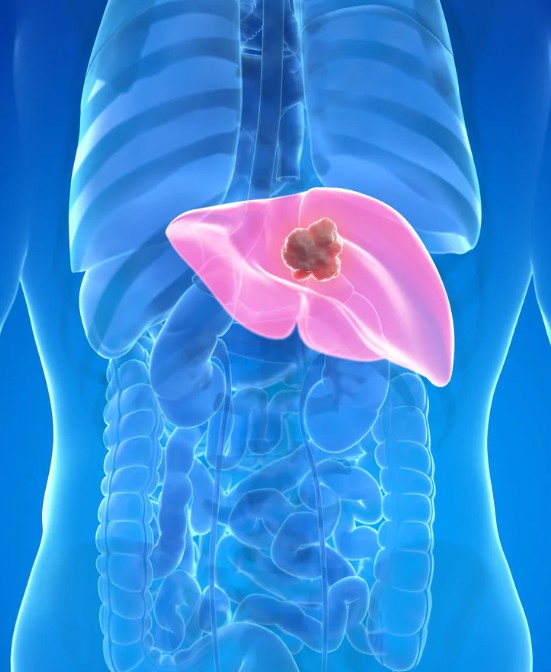Diagnosing Liver Cancer
There are several tests that may be conducted if Liver Cancer is suspected. Usually when people are worried, they speak to their GP, who may organise blood tests (to check how well the liver is working) and conduct a physical examination to feel for any swollen or painful areas.
Sometimes GPs do not suspect Liver cancer, but if a patient feels strongly they would like further investigations (for example if they have a history of rare liver disease or hepatis infection), then Dr Andy Gaya recommends two approaches:
It is important to note that there is no 100% accurate screening test, and whilst negative screening tests are reassuring there can sometimes be “false negatives” which is why screening tests are repeated every few years.
Once a patient has been referred to hospital with suspected Liver Cancer, diagnostics may include:
- Blood tests – like liver function tests, AFP level (alpha fetoprotein), Hepatitis screen and autoantibody screen.
- Liver ultrasound – to assesses how “stiff” the liver is (a normal liver is very soft) and is used to see if there is “cirrhosis”
- CT scan – HCC is often diagnosed by CT scanning as the blood supply to HCC is quite different, and so there are characteristic features on the CT scan which help make the diagnosis
- MRI scan – sometimes, a liver MRI may be performed in addition to a CT scan in order to assess the location and distribution of HCC within the liver. This is very important for some surgical and radiological procedures
Biopsy – if the radiological diagnosis is not in doubt, then sometimes a biopsy is not performed for HCC. However, in today’s world of molecular medicine and genetics, a biopsy is always helpful in order to determine the genetic fingerprint of the tumour. This can be important for your oncologist to decide the best treatment. This is usually only relevant for advanced disease


